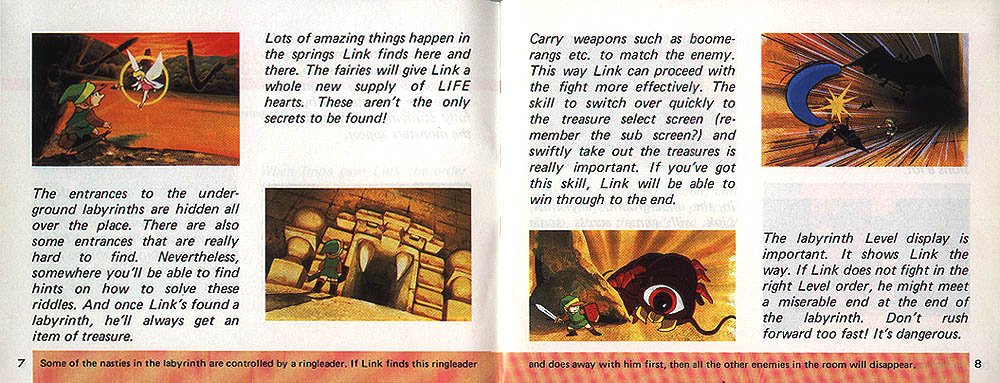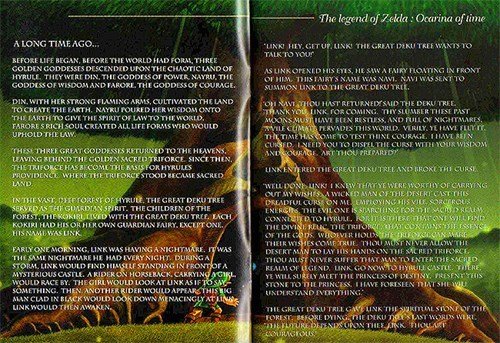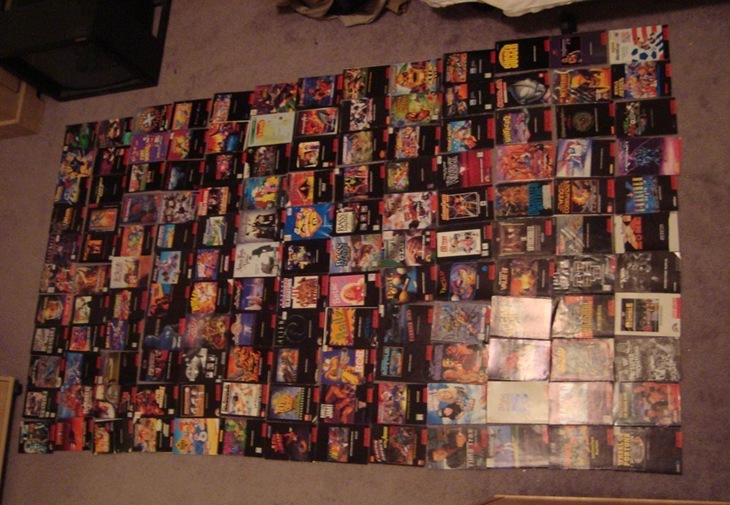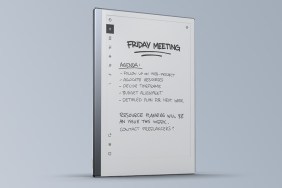The time: April 16, 2013. Most games are not a Day One pick up for me, but this… this was different. This was Injustice: Gods Among Us. As a big Batman/DCU fan, this game showcased at E3 2012 promised not only to be the fighting game of the year, but to atone for the sins of Mortal Kombat vs. DC Universe.
I picked up my pre-ordered copy (for the Wii U, because I stand by my man), rushed home, took the obligatory Facebook pic, and tore off the shrink wrap. I then proceeded, as most gamers from my generation tend to do, to crack open the booklet.
But there was no booklet to be found; in its stead, a folded slip of paper with the cover art on the front fold, nothing on the back, and in between, 99% legalese and warnings. The only mention of any substance was to press the HOME button on the Gamepad and select the icon for manual for instructions.
Requiem Æternam, booklet.

Booklets have been getting thinner and thinner with the advent of the easily produced in-game tutorial. Limitations on older cartridges prevented such tutorials; as technology grew, so did the streamlining of the game experience. While this was a pleasant addition to begin with, the tutorial eventually turned into a coin flip that could either ease you in to the control scheme of a title or be a mindless hand-holding through the first part of a story.
More tragic, though, than the tutorial is the loss of deep storytelling the booklet produced. This is not to say that storytelling in gaming is dead; nothing can be further from the truth. With Telltale Games' The Walking Dead and Naughty Dog's The Last of Us, clearly deep storytelling still exists in the gamersphere.
Compare these to the titans of yesteryear. The Final Fantasy series has long been renowned for storytelling, but the original Final Fantasy started you with nothing more than a blue screen full of text and some 8-bit music. The booklet, however, had so much story and exposition that it read like a novella. And who could forget the booklet for the original Legend of Zelda? Not only did you know the full backstory of Link's quest to rescue Princess Zelda from Ganon on Death Mountain, you knew the items, the currency, all the enemies, all the items, and how to utilize them. Otherwise, you were just some guy in green with pointy ears harassing old people in caves.

I know, I know… I'm one of the few in a dying breed, one of the last people out there who enjoy reading simply for pleasure. Maybe I'm being A Grumpy Old Man a la Dana Carvey on Saturday Night Live. But there was something exciting about diving into the booklet (or even the strategy guide—and god bless the game they wrote that for, or else I would have never gotten too far in the original Ninja Gaiden series) and taking in the story, the artwork, devouring all the knowledge you can, and launching into the game armed and ready.
I suppose that the booklet was a victim of our success, “our” meaning us in today's world of game journalism. Before, you only had magazines like Nintendo Power or Electronic Gaming Monthly to fill you in on story teasers, and the only information that would prove to be canon was what was found in that booklet. Now, with teasers, previews, analysis, breakdowns, leaks, reviews, wikis, and the mighty monolith of GameFAQs (you've used it before, don't lie), canon information is available from myself, this website, and a myriad of other locations scattered around the InterT00bZ. Combining that with the tutorial, and it was only a matter of time before the booklet would be dearly departed.

But if I am not too late, a final plea: Studios, please give us something. We know you love tutorials. We players like useful tutorials too (with the keyword being “useful”). But a folded sheet of paper? That's not even a booklet. It's not even trying to be. But there's a certain joy about having a booklet in your hands, even if it's not an epic one like Final Fantasy III's for SNES. It brings a pleasant feeling that's hard to describe, that's borderline-intangible.
Except, you know, it is tangible, because you're physically holding it. But the feeling itself is intangible beca–
I'm sorry, I'm verklempt. I need a moment.












